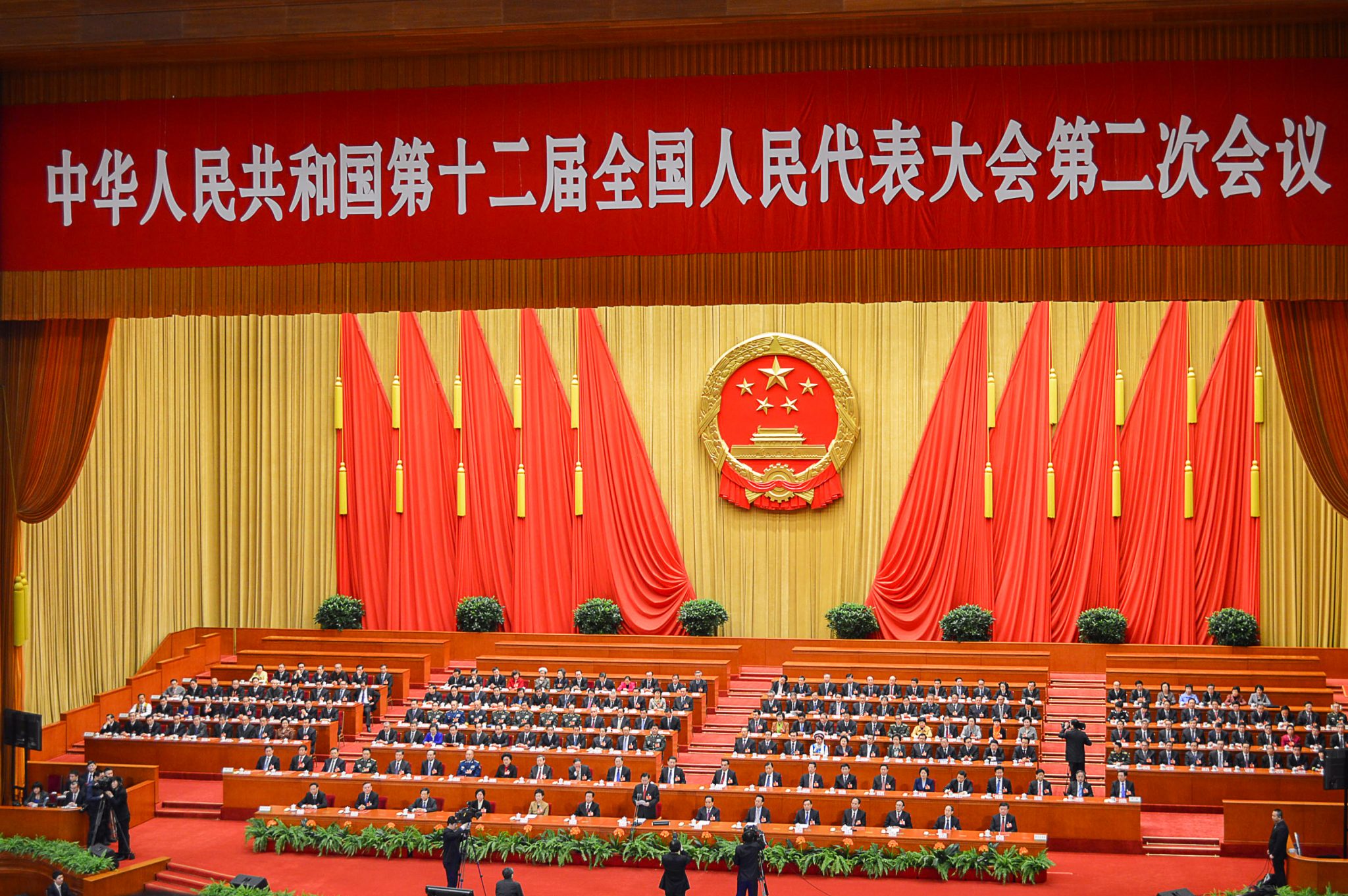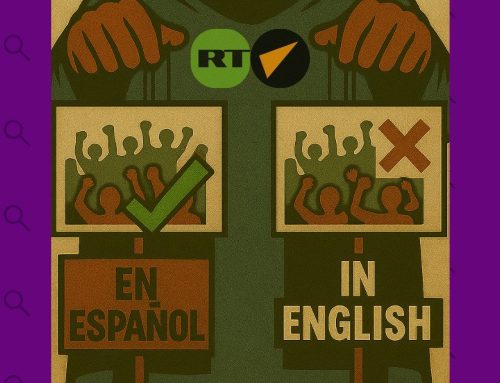Co-director Zack Cooper argues that the U.S. and Japan need to synchronize their strategies on China to meet the challenge posed by its rise in a Sasakawa Peace Foundation policy memorandum with Jennifer Lind, Toshihiro Nakayama, and Ryo Sahashi.
The U.S.-Japan alliance’s greatest challenge is managing China’s rise. For decades, the United States and Japan pursued engagement with China in the hopes that this would lead China to respect the status quo. Yet this proposition appears increasingly untenable to many in Washington and Tokyo. Although the allies are increasingly aligned in their assessment of China’s unpredictability, they continue to differ about how best to respond. This memorandum identifies three critical questions about alliance policies in the geostrategic, economic, and ideological arenas. First, can the allies shape China or must they confront Beijing? Second, should the allies actively decouple their economies from China? And third, should the allies put more or less emphasis on the emerging ideological competition? For the allies to meet this challenge together, they must develop greater consensus on these questions. This is true not only between the United States and Japan, but also within each country.




